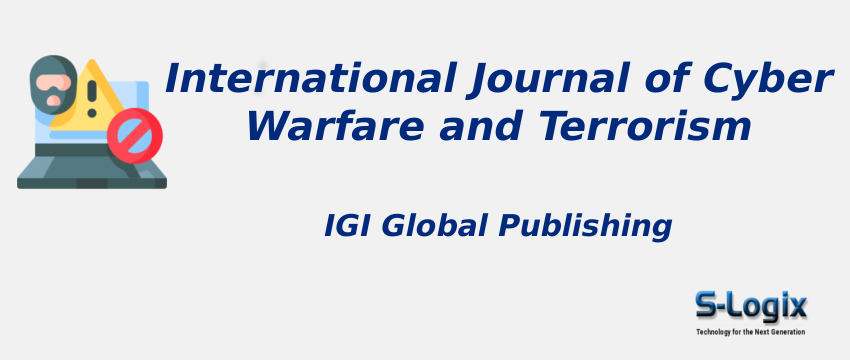Journal Home: Journal Homepage
Editor-in-Chief: Brett van NiekerkÂ
Print ISSN: 19473435
Electronic ISSN: 19473443
Abstracting and Indexing: Scopus
Imapct Factor 2024: 0.1
Subject Area and Category: Computer Science, Computer Networks and Communications, Hardware and Architecture, Software, Decision Sciences, Information Systems and Management, Engineering, Safety, Risk, Reliability and Quality, Social Sciences, Safety Research
Publication Frequency: Quarterly
H Index: 9
Q1:
Q2:
Q3:
Q4: Computer Networks and Communications
Cite Score: 2.5
SNIP: 0.140
Journal Rank(SJR): 0.145
Guidelines for Authors: International Journal of Cyber Warfare and Terrorism Author Guidelines
Paper Submissions: Paper Submissions in International Journal of Cyber Warfare and Terrorism
Publisher: IGI Global Publishing
Country: United States
